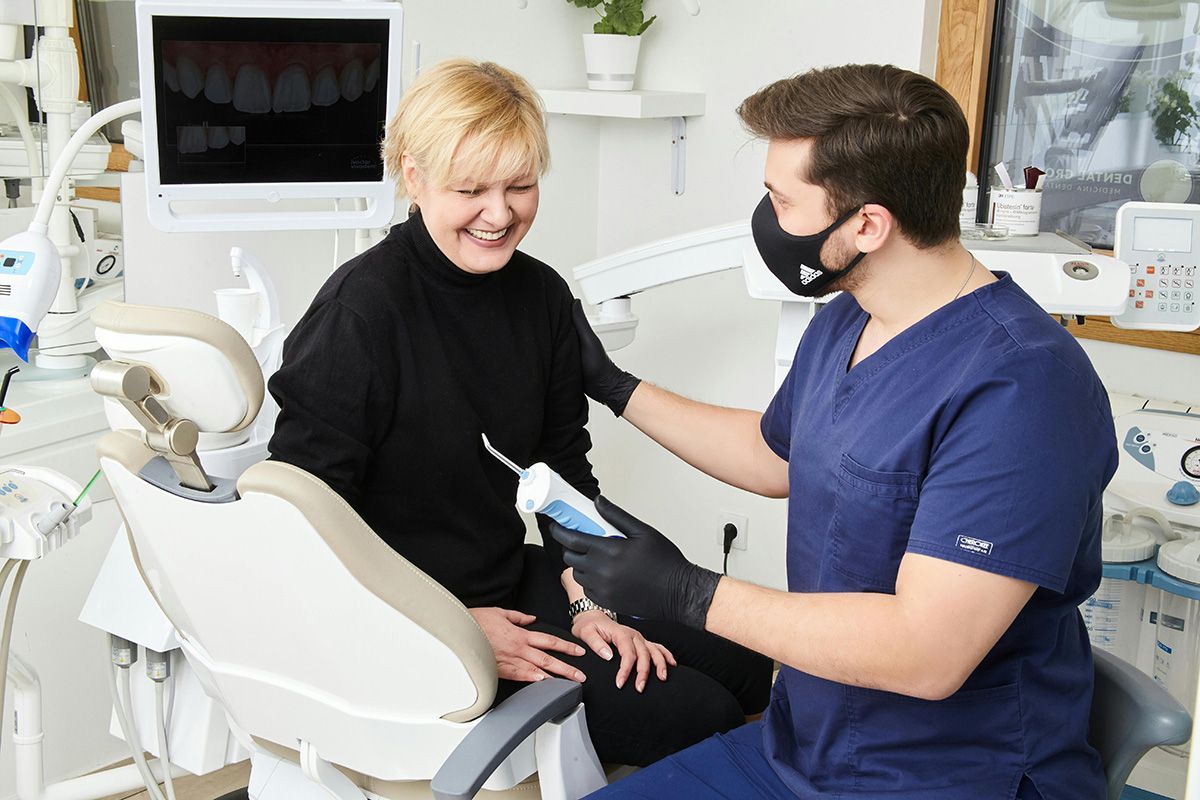Strong Bones, Strong You: Understanding Osteoporosis and How to Stay Ahead
As we age, keeping our bones strong becomes more than just a good idea—it becomes essential to maintaining our independence and quality of life. Osteoporosis, often called the "silent disease," can creep in without symptoms until a fracture occurs. Fortunately, you have the power to take steps now that can make a big difference in your bone health later. Let’s break it down.
What Is Osteoporosis?
Osteoporosis is a condition that weakens bones, making them fragile and more likely to break. It develops when bone loss outpaces the creation of new bone tissue, leading to reduced bone density and structural deterioration.
The disease affects millions of Americans, especially women over the age of 50, but men are not immune. Common fracture sites include the hip, spine, and wrist—injuries that can lead to serious health issues and loss of mobility.
Learn more about Osteoporosis from the National Institute on Aging.
How Is Bone Mass Measured?
One of the best ways to detect osteoporosis early is through a bone mass measurement test, often called a bone density test. Medicare helps cover this test for individuals who meet certain criteria, including those at risk for osteoporosis due to age, medical history, or other factors.
Covered every 24 months—or more frequently if medically necessary—this test is painless and compares your bone density to that of a healthy young adult. The results help your healthcare provider determine your risk for fractures and decide if you need treatment.
If you're enrolled in Medicare and meet the guidelines, you may pay nothing for this test. More information about Medicare coverage for bone mass testing is available at Medicare.gov.
Practical Tips for Better Bone Health
While osteoporosis may sound intimidating, there’s plenty you can do right now to protect your bones and maintain strength over the years:
1. Stay Active
Weight-bearing exercises—like walking, hiking, or dancing—encourage bone formation and strength. Add resistance or strength training twice a week to maintain muscle and bone mass.
2. Eat for Your Bones
Calcium and vitamin D are essential. Include dairy products, leafy greens, and fortified foods in your diet. Talk to your doctor before taking supplements.
3. Limit Bone Harming Habits
Smoking and excessive alcohol can weaken bones over time. Quitting or cutting back can improve not just bone health but overall wellness.
4. Fall-Proof Your Life
Since fractures often result from falls, take steps to improve balance and safety at home. Clear clutter, install grab bars, and consider balance-enhancing activities like tai chi or yoga.
5. Talk to Your Doctor
Have regular checkups and ask about your bone health. If you’re over 65 or have risk factors, a bone density test might be recommended.
Bottom Line: With the right knowledge and a few lifestyle changes, you can protect your bones and enjoy a healthy, active life. Whether it’s through preventive care like Medicare-covered screenings or staying active and nourished, you’re never too young—or too old—to start taking care of your bones.









